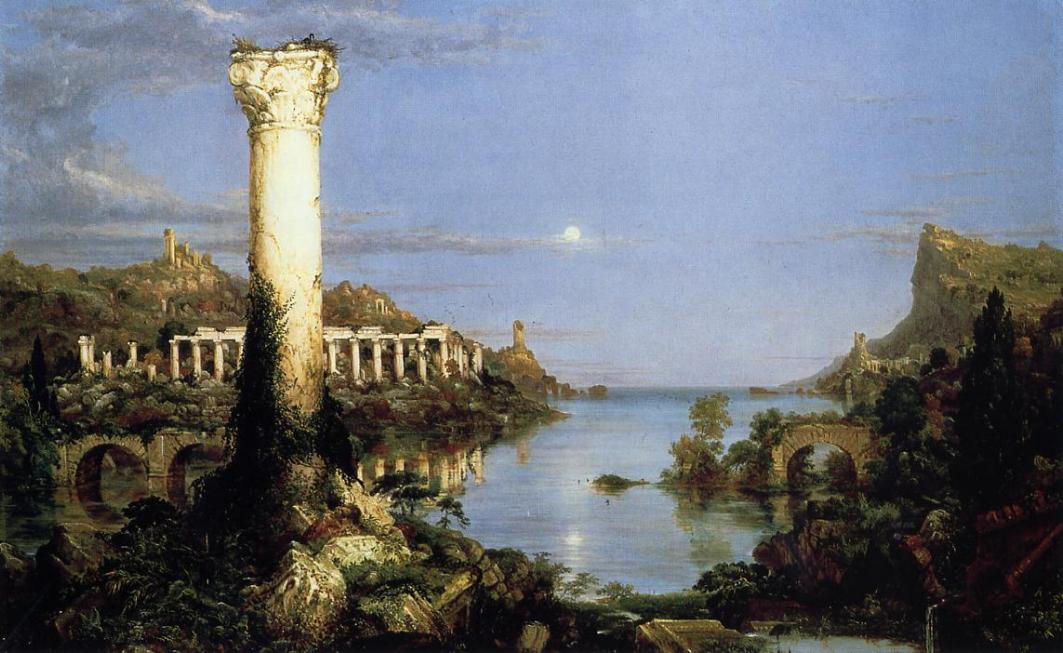Truman remarked in a radio address to the nation in August 1945: ‘We tell ourselves we have emerged from this war the most powerful nation in this world … That is true.’ In the second half of the 1940s the United States had a productive preponderance over the rest of the world. With only 7 percent of the world’s population, it had 42 per-cent of its income and half its manufacturing capacity. It produced 57.5 percent of the world’s steel, 43.5 percent of its electricity, 62 percent of its oil, 80 percent of its automobiles. It owned three-quarters of the world’s gold. Its per-capita income was $1,450, the next group was only between $700 and $900. Calorie consumption per day was about 3,000, some 50 percent more than in western Europe.
Truman was the first American statesman to grasp that the United States was physically and financially able to rescue the world not merely in war, but in peace too, and to keep up the effort for the foreseeable future.
The United States was by far the world’s largest exporter, transporting its goods in US-owned ships constituting half the world’s mercantile fleet.
The Marshall Plan channeled about $13 billion of US assistance into the European economies, and it must be regarded as the most successful scheme of its kind. It made practical sense for the US too because by the second quarter of 1947 America’s export surplus was running at an annual rate of $12.5 billion, and Marshall Aid helped to enable Europe to continue to take US goods.
At the end of the war, polls showed that 90 percent of the American people favored continued food rationing if this were necessary to enable food to go to the hungry peoples of Europe and Asia. Coming from the Midwest, where ‘help your neighbor if he needs it’ was the absolute rule, it seemed to Truman natural that the United States, out of its plenty, should come to the rescue of the rest of the world, but in a practical spirit of prudence (he strongly dissented from the proposal for indiscriminate US aid).

